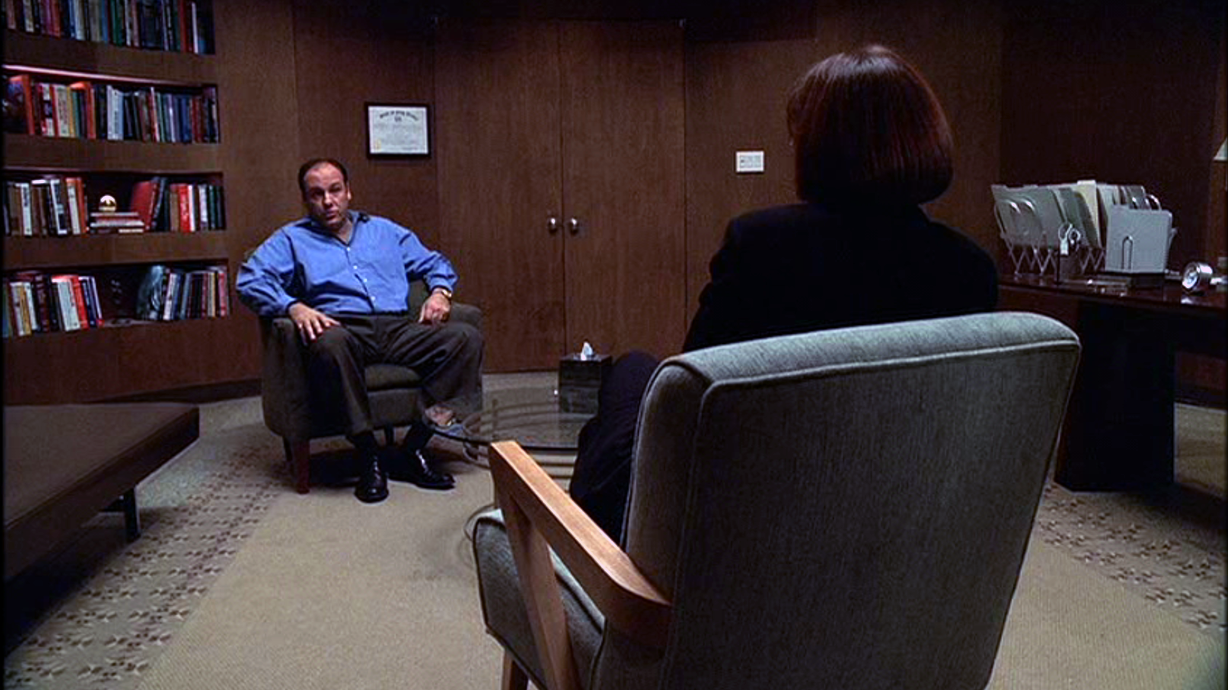Odds are, you’re a “spiritual bypasser.” You probably think your meditation or yoga practice is helping you grow as a human being, in your work, and in relationships. I’m the same way.
But you need to be careful. Meditation, yoga, and other spiritual practices aren’t therapy. Yes, they do help us grow — yet they tend to also enable us to overlook our deeper emotional problems, a phenomenon called “spiritual bypassing.”
As the recently deceased psychologist John Welwood defined it, spiritual bypassing is the “use of spiritual practices and beliefs to avoid dealing with our painful feelings, unresolved wounds, and developmental needs.”
In other words, it’s pretending — often unconsciously — that your spiritual practices and beliefs about universal truth mean that you don’t have to deal with your own particular, relative neuroses.
Put yet another way: meditation might be letting you off the hook from dealing with your shit, which pretty much always leaves someone else to deal with it.
The obvious example is the Catholic priest who preaches about God on Sunday while sexually abusing boys the rest of the week. But you probably know someone who raves about finding their “true self” through yoga, yet they’re manipulative and abusive in their relationships.
Or that person who took mushrooms one time and thinks that if we just got rid of labels — Democrat, Republican, racist, etc. — everyone would get along.
I have a therapist and yet still exaggerate the power of my meditation practice. At times, I’ve attributed miraculous changes to being more mindful: changing careers for more meaningful work, getting closer to my mother, getting back on my feet after a big breakup.
I don’t blame myself for that. When I first started going to meditation teacher Tara Brach’s Wednesday night classes, I hadn’t yet even entertained going to therapy. I inherited a working-class distrust of it from my parents. Therapy was for rich people and hippies, not the rest of us who deal with our problems by saving money and working harder.
I was wrong. Well, not exactly. Therapy is expensive, which is yet another reason we need #MedicareForAll.
But back to the point: meditation has helped me grow, just not by itself.
I’ve been stuck so many times now, applying that same hard-working attitude to my problems, except with more meditation practice. I’ve felt lost in a “successful” career that wasn’t satisfying me at all. I’ve been withdrawn in a relationship that actually mattered to me.
Each time, meditation helped me with that all-too-important first step of growth: recognizing that there’s a problem. Then it helped me accept that I was suffering. Therapy (and friends, mentors, and community) helped me with the dirty work: investigating what was causing the emotional traffic jam.
We can be mindful of what’s coming up inside of us, the constant flow of thoughts and emotions. We can start to recognize the habits and patterns we’ve adopted to chase the feelings we like and avoid the ones we don’t.
That’s the universal truth of the present moment: that whatever is happening right now, we can be with it.
But we need help understanding where our habits and patterns come from. We need help healing the relative wounds we all get from childhood, relationships, and living in a violent and individualistic capitalist society.
I want to be as clear as day: meditation is not therapy. It’s a tool that can help you start dealing with your shit, but it’s not therapy.
Ready to get serious about meditation?
Sign up for my weekly email on meditation and bringing mindfulness to the stuff that matters — work, relationships, and politics
Listen to the podcast version with more content
My podcast, Meditation for the Masses, is mindfulness for everyone but the 1%. Listen to it on Apple Podcasts, Google Play, and everywhere podcasts are available. Stream this episode below.
Podcast: Play in new window | Download
Subscribe: Apple Podcasts | RSS | More
